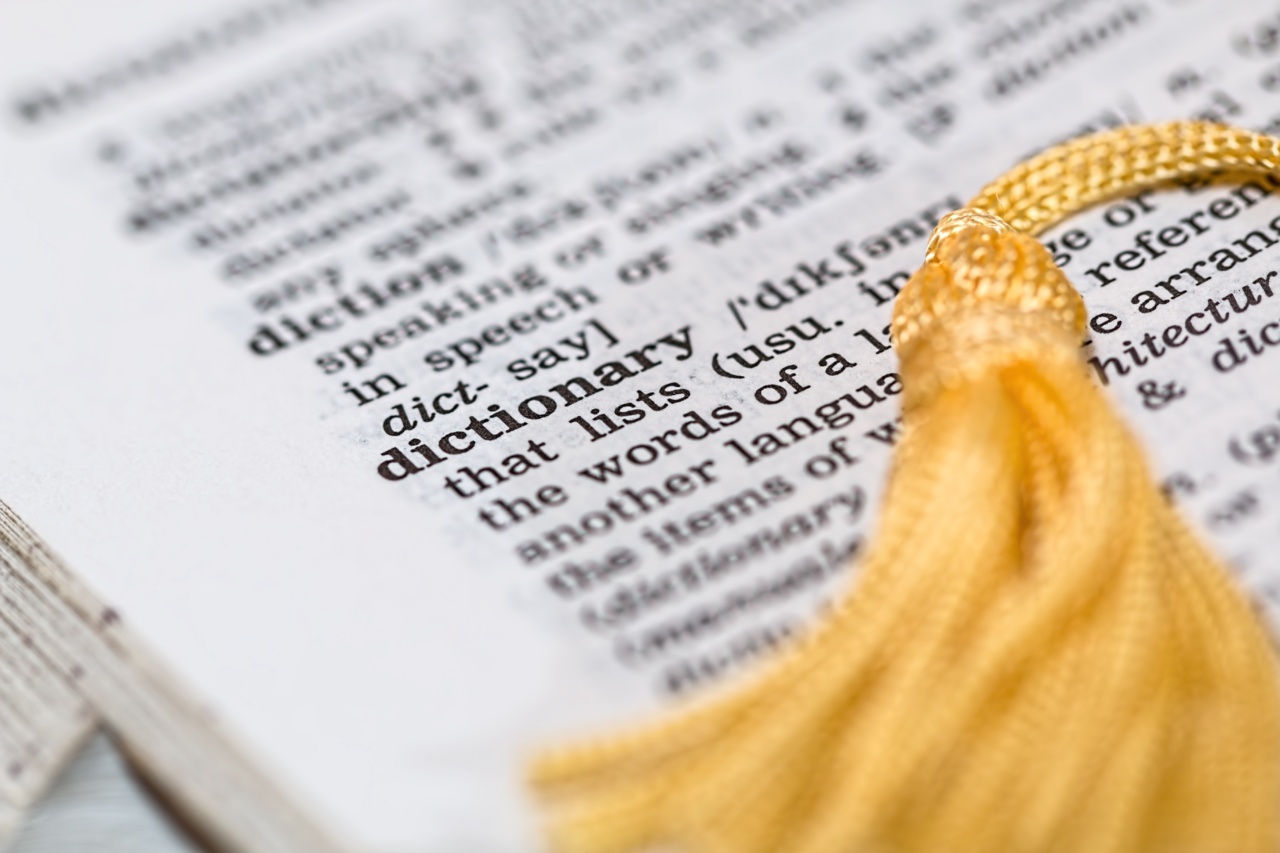Learning disabilities are conditions that affect an individual’s ability to perform various academic and life skills.
Children with learning disabilities struggle with reading, writing, solving mathematical problems, and understanding spoken language. There are several causes of learning disabilities, but the most common factor is a difference in brain structure that can significantly influence how individuals receive, process and transmit information.
Causes of Learning Disabilities
There are various causes of learning disabilities, but the majority of them are a result of genetic or neurological abnormalities that affect the organization and functioning of the brain. Some of the most common causes include:.
1. Genetics
There is a strong link between genetics and the development of learning disabilities. Children with a family history of learning disabilities are more likely to develop the condition themselves.
Learning disabilities are often inherited in an autosomal dominant pattern, meaning the trait can be passed on from a single parent who carries the gene.
2. Environmental influences
Environmental influences such as malnutrition, exposure to toxins, and brain injuries can cause learning disabilities.
Fetal alcohol syndrome, for example, can lead to intellectual disabilities in children who are born to mothers who drank heavily during pregnancy.
3. Brain development and function
The development and functioning of certain parts of the brain can also contribute to the development of learning disabilities.
For instance, the ability to understand language or make sense of visual information is linked to specific areas of the brain that may be less developed or damaged in individuals with learning disabilities.
Diagnosis of Learning Disabilities
It can be difficult to diagnose learning disabilities as symptoms can vary from individual to individual.
Many of the symptoms of learning disabilities can also be found in other conditions such as attention deficit disorder (ADD), attention deficit hyperactivity disorder (ADHD), and autism spectrum disorder (ASD).
Diagnosis involves a series of assessments designed to evaluate a child’s cognitive abilities, academic performance, and social skills.
The process involves a comprehensive review of the child’s medical history, observations of their behavior, and tests to evaluate their academic skills. The results of these assessments can provide a clear understanding of the child’s strengths and weaknesses and guide the development of appropriate treatment plans.
Treatment Options for Learning Disabilities
The treatment options for learning disabilities depend on the type and severity of the condition. The following are some of the most effective treatments for learning disabilities:.
1. Educational interventions
Educational interventions are designed to help children with learning disabilities develop academic and life skills that will help them succeed in school and their future careers.
These interventions may include special educational programs, customized learning materials, and behavioral interventions to improve social skills.
2. Medications
Medications may be prescribed to children with learning disabilities to help improve their attention, concentration, and mood.
Drugs such as Ritalin and Adderall may be used to reduce hyperactivity and impulsivity in children with ADHD, while antidepressants such as Prozac and Zoloft may be used to treat depression and anxiety in children with learning disabilities.
3. Behavior therapy
Behavior therapy involves modifying negative behaviors that may be interfering with a child’s academic and social development.
Therapy may involve positive reinforcements such as praise, rewards, and positive feedback to encourage desired behaviors.
Conclusion
Learning disabilities can significantly impair a child’s academic and social development. It is essential to seek early treatment for children with learning disabilities to improve their outcomes and increase their chances of success in life.
Fortunately, with the right interventions and support, many children with learning disabilities can thrive academically and socially.





























